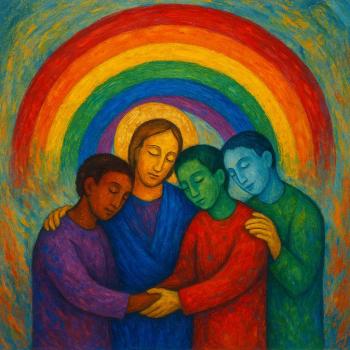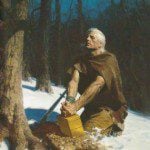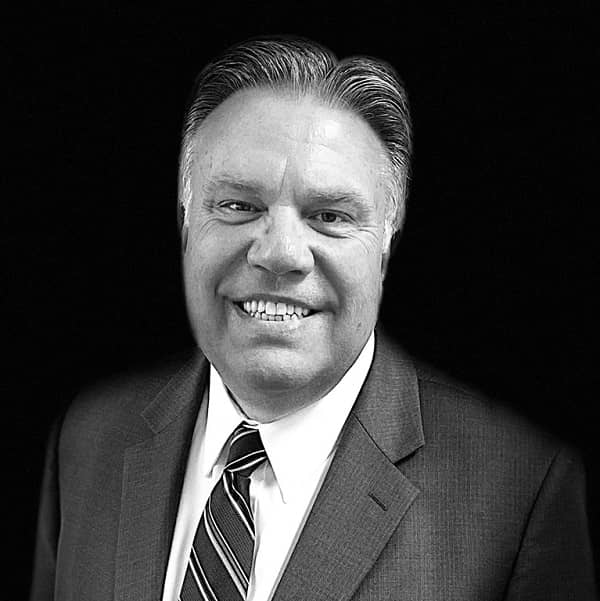Today we are tempted by artificial pride. Authors at Techtarget have defined artificial intelligence (AI) as “simulation of human intelligence processes by machines, especially computer systems . . . [including], expert systems, natural language processing, speech recognition and machine vision." Either personnel or “an image recognition tool” dashes at warp speed through the internet reviewing millions of object images. Since it can imitate human brain processing, with a task not familiar to it “a strong AI system can use fuzzy logic to apply knowledge from one domain to another” and draw conclusions that a super-prepared human might draw.
Artificial intelligence has become part of our lives: including e-mail, texting, news notifications, personalized marketing, auto-correct, and personal assistance (e.g., Alexa). These are useful and, like ordering necessary supplies, AI is not harmful unless we allow it to compromise our own choices in vital aspects of our lives. These include thinking, creating, relating with other people, living and developing spiritually, and especially learning about, relating to, and serving God. AI can extract characteristics and draw stereotypical conclusions, but AI cannot feel human emotion, connect personally with its products, or appreciate human individuality. It cannot think outside of its box, which is a formula it derives.
AI can cause damaging artificial pride. It tells us how important we are as it reflects our interests and tastes by artificially gathering images of what we look at, linger over, and return to, as well as what we buy or read. AI knows everything from our favorite foods to our clothing sizes, selecting commercial products to tempt us. (Those personally tempting pop-ups are not coincidence.) Obviously we will want “top of the line” products, from athletic equipment to the clothing we wear as we use it. These earthly vanities become part of our self-image if we allow this. The Savior and His Father have always known who and what they are; Their own choices are firm and pure.
Our Own Spiritual Choices
Like the Savior, we should have no question of who to worship and emulate. “Thou shalt worship the Lord thy God, and him only shalt thou serve.”
Mountains
Russell M. Nelson, who leads a worldwide Christian denomination, compared our efforts and our challenges to climbing mountains:
Your mountains may be loneliness, doubt, illness, or other personal problems. Your mountains will vary, and yet the answer to each of your challenges is to increase your faith. That takes work. Lazy learners and lax disciples will always struggle to muster even a particle of faith.
He concluded, “To do anything well requires effort. Becoming a true disciple of Jesus Christ is no exception. Increasing your faith and trust in Him takes effort.”6 We can’t depend on quick, easy solutions or artificial intelligence to make our contributions to the Lord’s work.
Love and Pain
Influential and beloved Christian theologian and writer C.S. Lewis, in his book The Problem of Pain, explained that struggling and suffering are not signs of God’s displeasure, but proof of His love.
When Christianity says that God loves man, it means that God loves man . . . You asked for a loving God: you have one. The great spirit . . . the consuming fire Himself, the Love that made the worlds. (Italics in original)
Recognizing that He must be the source of our happiness, "whether we like it or not, God intends to give us what we need, not what we now think we want” (see pp. 46-47). Lewis noted that as humans, we sometimes need relief.
A few moments of happy love, a landscape, a symphony, a merry meeting with our friends, a bathe or a football match [are ways that] our Father refreshes us on the journey with some pleasant inns, but will not encourage us to mistake them for home. (p. 94)
Lewis chose the image of a key in a lock to help us resist the temptation to compare ourselves to others: “Be sure that the ins and outs of your individuality are no mystery to Him; and one day they will no longer be a mystery to you." He continued,
Your soul has a curious shape because it is a hollow made to fit a particular swelling in the infinite contours of [eternity], or a key to unlock one of the doors in the house with many mansions. For it is not humanity in the abstract that is to be saved, but you, the individual. (pp. 151-152)
We must each find our own way up our mountains, the place for our shape in the patterns of eternity, and the mansion waiting for our key. God’s saving grace is a gift; we could not possibly earn it. We engage in effort and sacrifice, enduring pain, because of our love for Him. But as we make and live righteously by our own choices, we are never alone.





